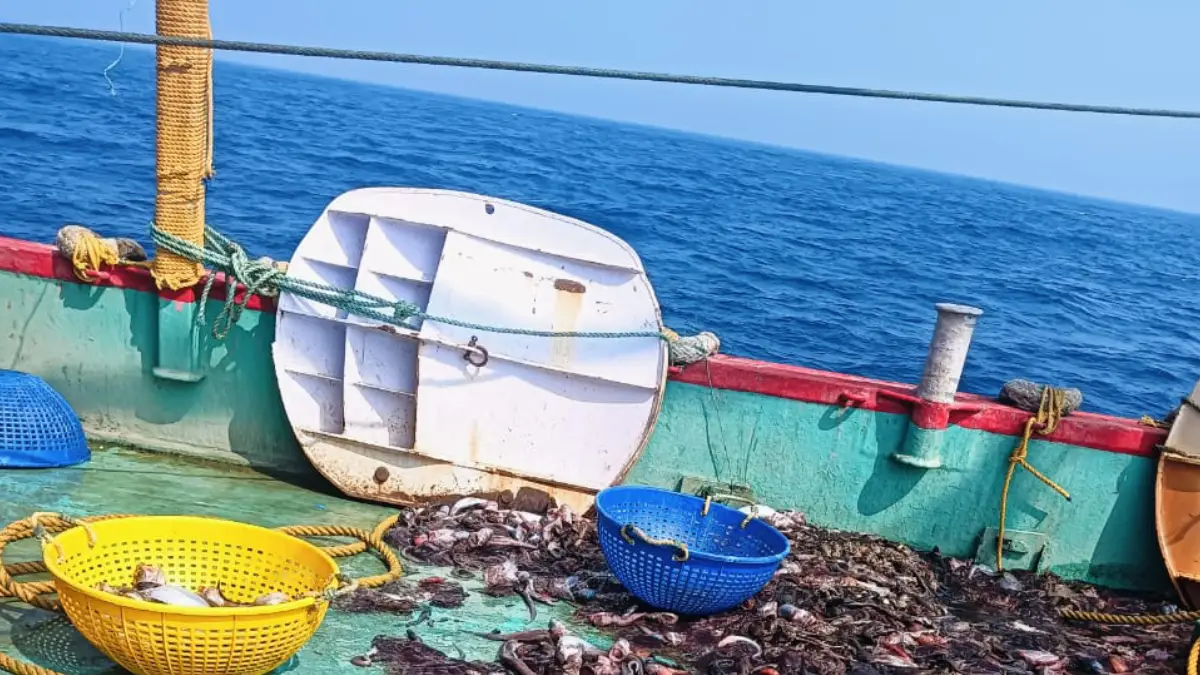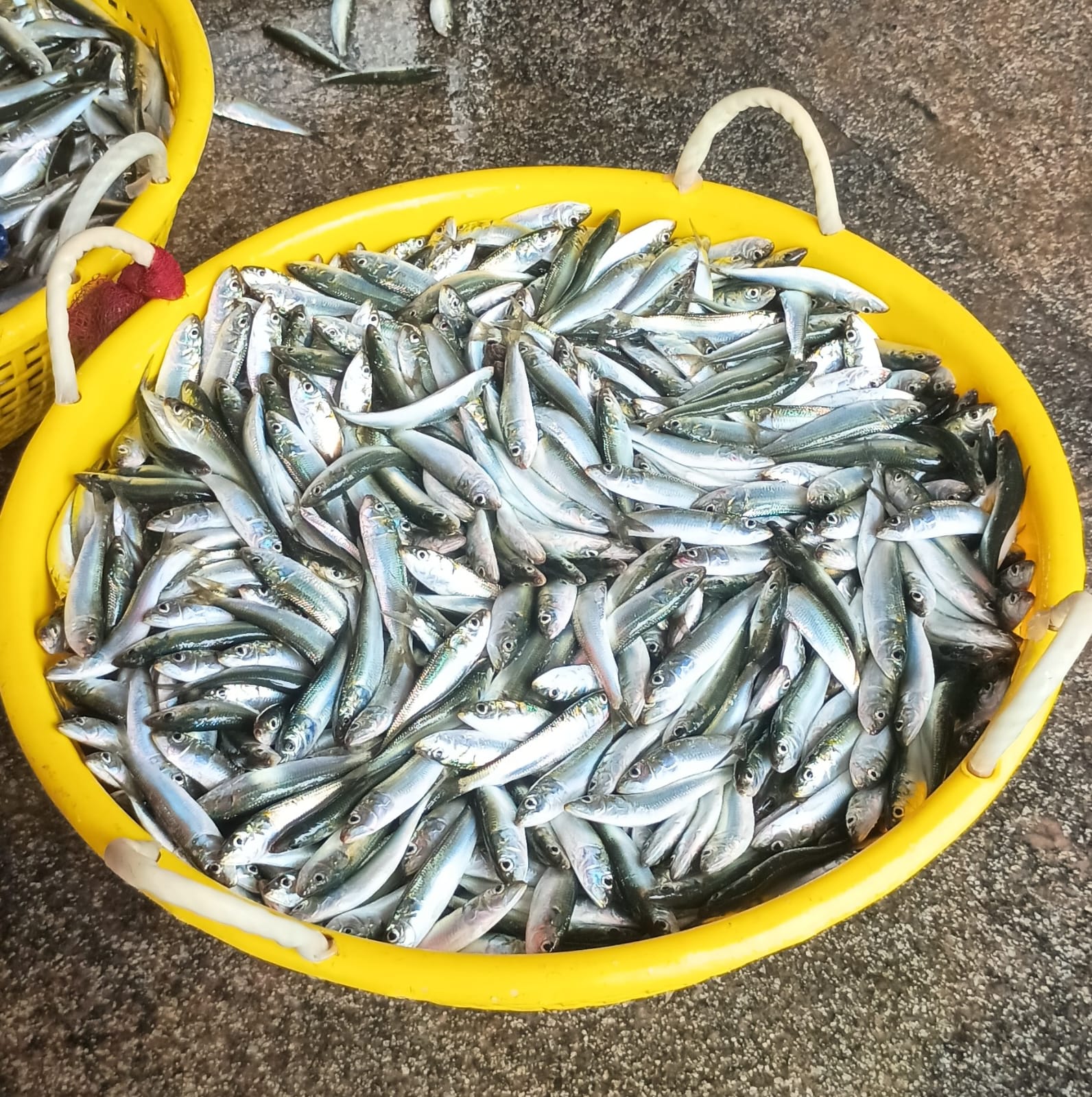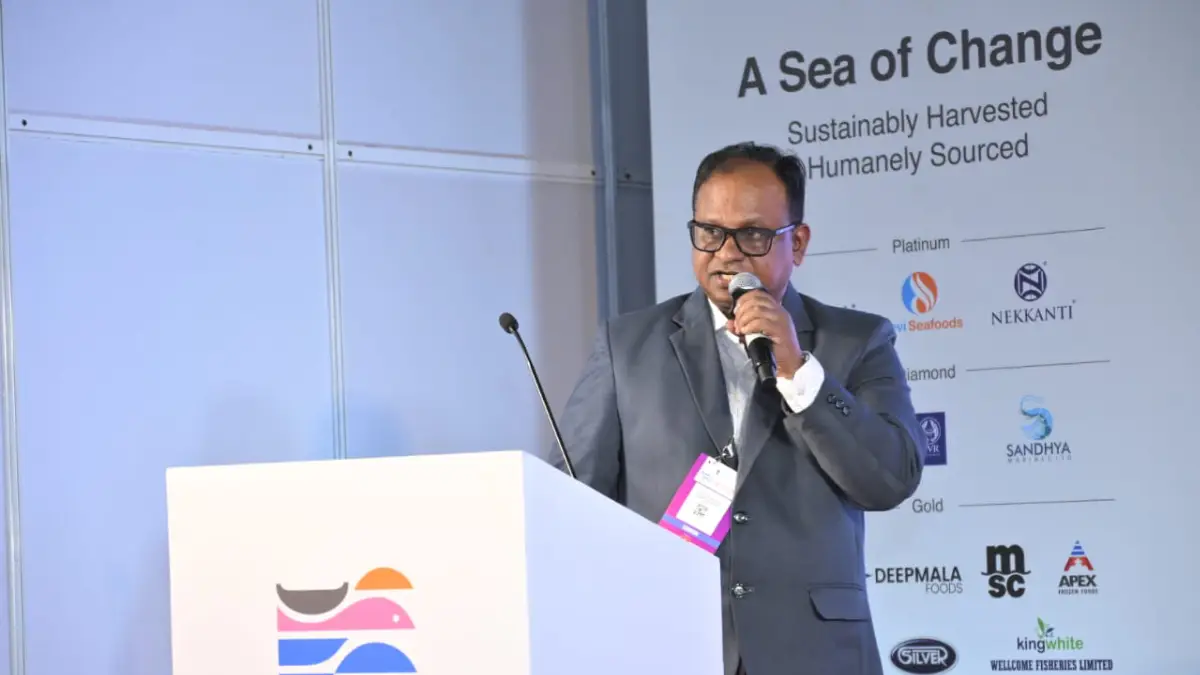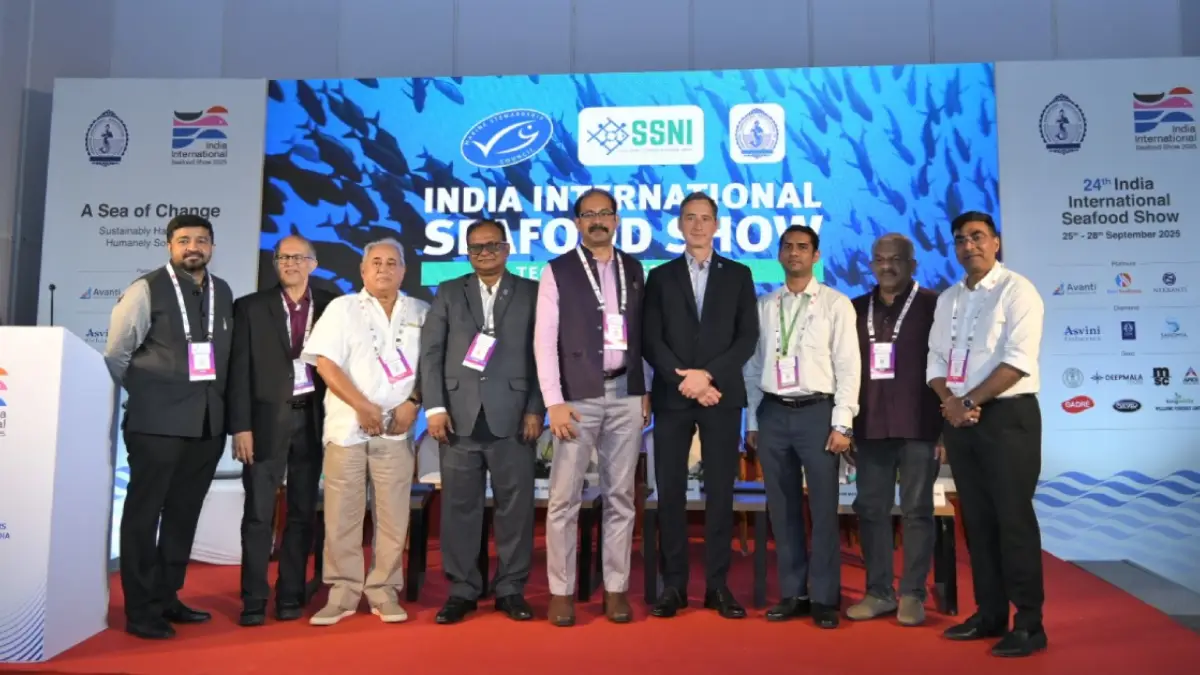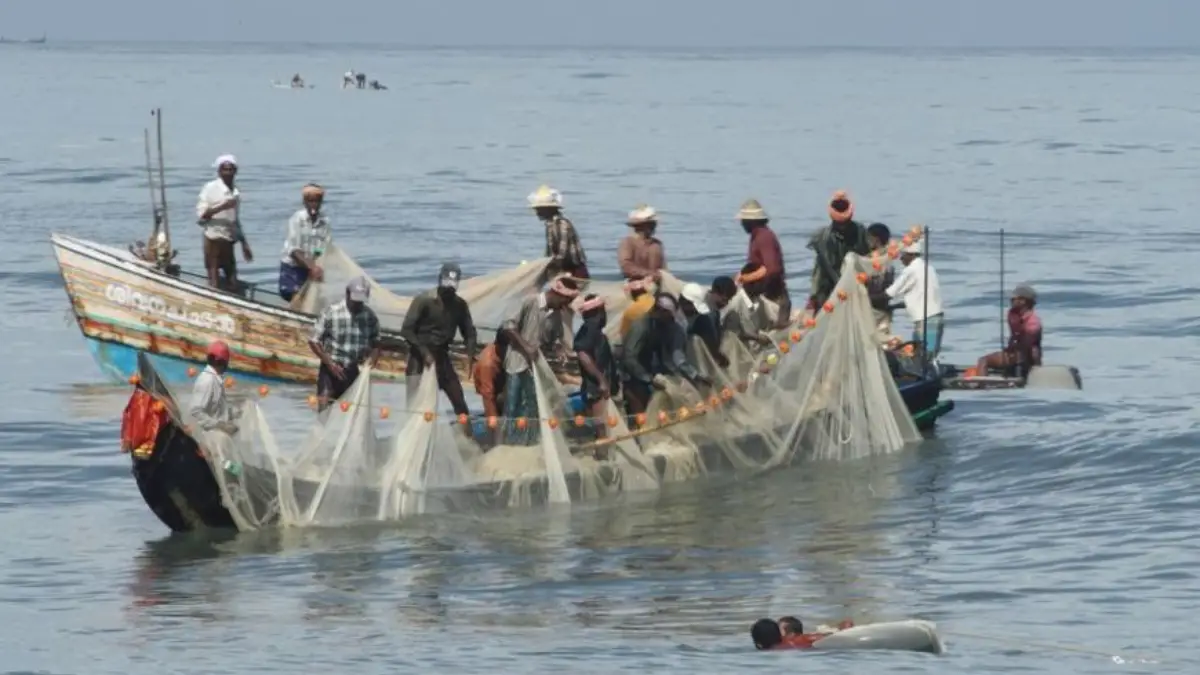In a major boost to India’s marine fisheries sector, a collaborative pilot study has been launched to explore the possibilities of Deep-Sea Resources (mesopelagic resource) exploitation within India’s Exclusive Economic Zone (EEZ). The research will be carried out by ICAR-Central Marine Fisheries Research Institute (CMFRI) and ICAR-Central Institute of Fisheries Technology (CIFT) with the funding of National Fisheries Development Board (NFDB).
This is a pilot project with participation from fishermen and commercial trawlers to estimate the untapped potential of mesopelagic resources. The outcome of the research will determine the feasibility of large-scale exploitation of these resources.
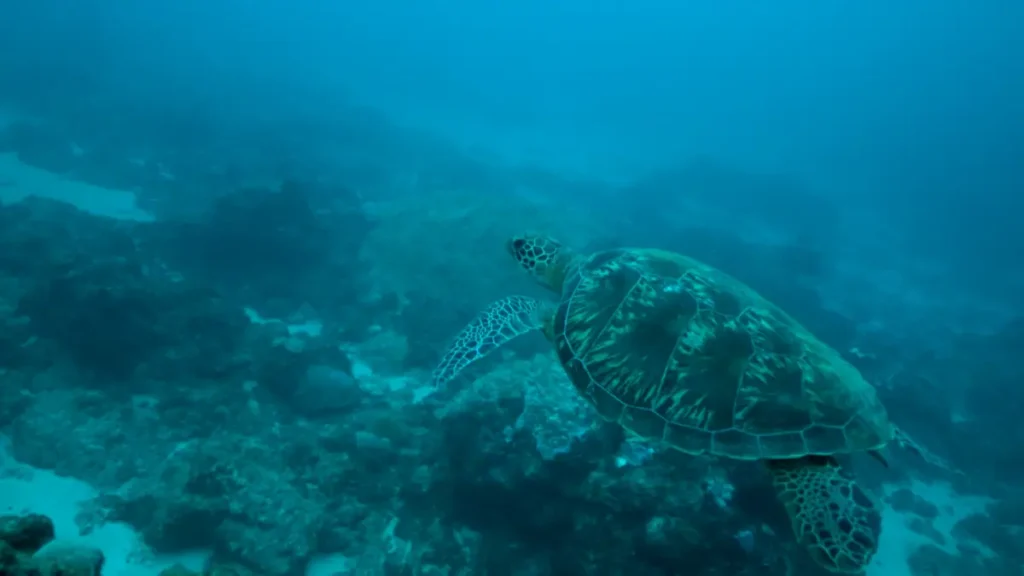
Mesopelagic resources (spanning depths of 200-1000 meters), including myctophids are among the world’s most abundant yet largely unexploited fish resources. This research assumes greater significance in the wake of their significant industrial applications for fishmeal, nutraceuticals and bioactive compounds.
“With global concerns over overfishing of commercially important species used for fishmeal production, this initiative focuses on exploring alternative and sustainable sources, reducing the dependency on traditional fish stocks”, said Dr Grinson George, Director of CMFRI.
The scientists working for the project are of the view that harnessing mesopelagic species can ease pressure on coastal and pelagic fisheries, ensuring a more balanced approach to marine resource management. The collaborative research involves in estimating of harvestable potential, developing sustainable harvesting methods, exploring value-added applications and assessing the feasibility of commercial exploitation while ensuring ecological sustainability.
“Rough estimate suggests that around 2 million tons of mesopelagic resources are available in Indian waters”, Dr Grinson George said. Referring to the challenges and difficulties involved in the study, he said that CMFRI is committed to providing scientific insights into the distribution, biology, and stock assessment of these resources. “Collaborative efforts with the CIFT will ensure the development of efficient harvesting technologies and post-harvest processing methods”, he said, adding that the initiative marks a significant step in India’s marine fisheries for a Viksit Bharat.
Dr George Ninan, Director of CIFT emphasised the significant industrial value of these resources, saying that they form the backbone of industries in many countries, including Oman. “Completion of this one-year long pilot study will yield crucial insights to determine the best viable methods to utilise these resources”, he added.
